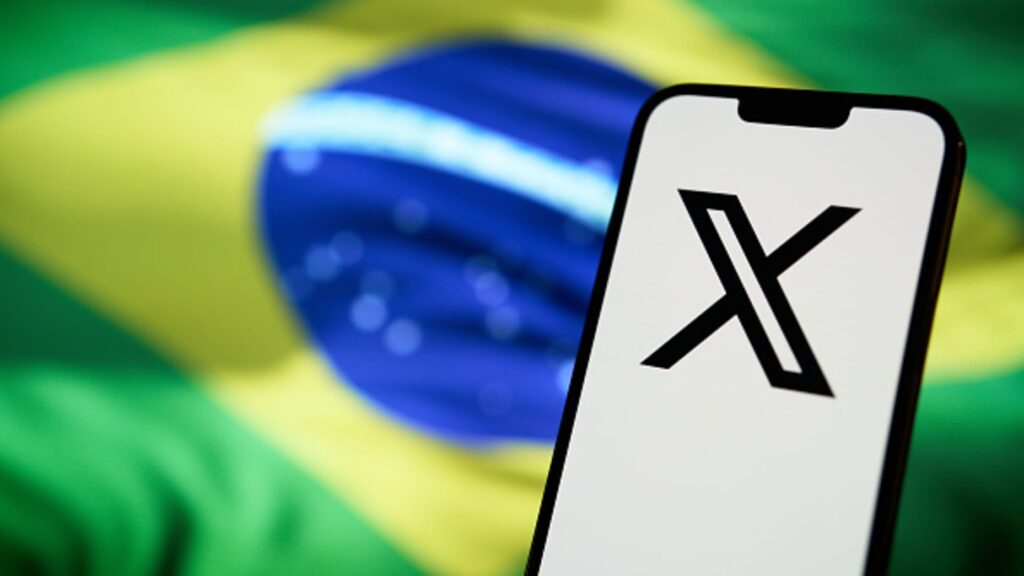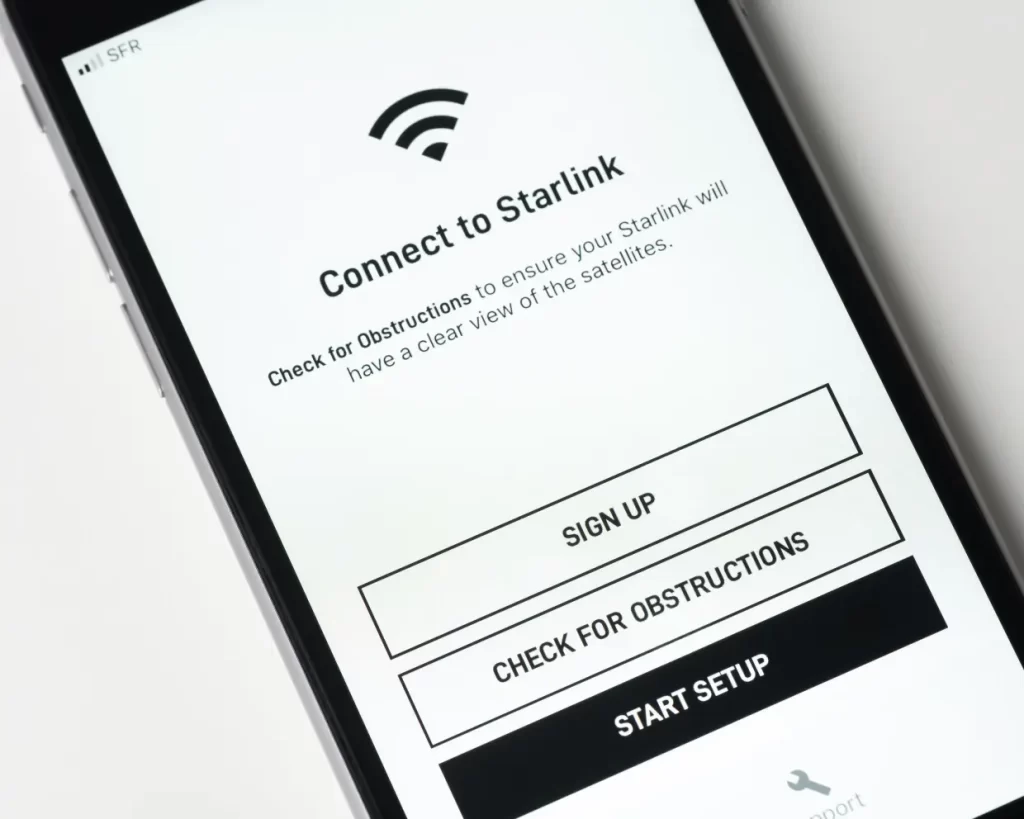Elon Musk’s satellite internet service provider Starlink reversed its stance late Tuesday, announcing it would comply with a Brazilian Supreme Court justice’s order to block access to X, the social media platform formerly known as Twitter.

The decision marks a significant shift from Starlink’s earlier position. The company had initially informed Brazil’s telecommunications regulator, Anatel, that it would not comply with Justice Alexandre de Moraes’s order until he reversed course.
In a statement posted on X, Starlink said, “Regardless of the illegal treatment of Starlink in freezing our assets, we are complying with the order to block access to X in Brazil.” The company added that it continues to “pursue all legal avenues” against what it describes as a violation of the Brazilian constitution.
This development comes after de Moraes froze Starlink’s assets last week, aiming to compel the company to cover X’s accumulated fines exceeding $3 million. The justice reasoned that Starlink and X are part of the same economic group, although Musk has noted on X that the two companies have different shareholder structures.
The legal dispute centers on X’s refusal to name a local legal representative in Brazil, a requirement for swift compliance with court decisions, particularly regarding account takedowns. A Supreme Court panel unanimously upheld the block on X on Monday, challenging Musk’s portrayal of de Moraes as an authoritarian figure intent on censoring political speech in Brazil.
Musk has been vocal in his criticism of de Moraes, calling him an “evil tyrant” and “a disgrace to judges’ robes” in recent posts on X. However, he has not commented on Starlink’s decision to comply with the court order since the announcement.

The reversal alleviates concerns for Starlink’s estimated 250,000 customers in Brazil, many of whom rely on the service in remote areas with limited internet access. Starlink’s easy-to-install kits and high-quality connections have significantly improved communication in some communities, surpassing even major Amazonian cities in internet speed.
Despite its growing importance in rural Brazil, Starlink’s market share remains relatively small. Since beginning operations in Brazil in January 2022, it has captured only 0.5% of the internet market, according to Anatel data.
Artur Coimbra, an Anatel board member, had warned that continued non-compliance could have led to the seizure of equipment from Starlink’s 23 ground stations in Brazil, potentially disrupting service quality.
The conflict highlights the complex interplay between tech companies, national regulations, and judicial authority. Marietje Schaake, international policy director at Stanford University’s Cyber Policy Center, commented, “The battle of the titans, between de Moraes and Musk, reminds us of how powerful, political and provocative tech leaders have become. Brazil won’t be the last country to seek accountability or to put up guardrails.”
As the situation continues to evolve, observers are closely watching how this case might influence future interactions between global tech companies and national regulatory frameworks, particularly in emerging markets like Brazil.
Source: theguardian.com



